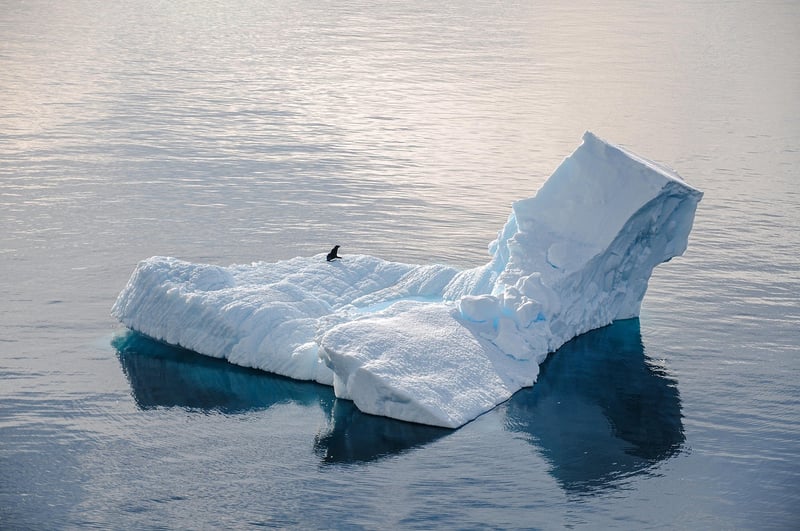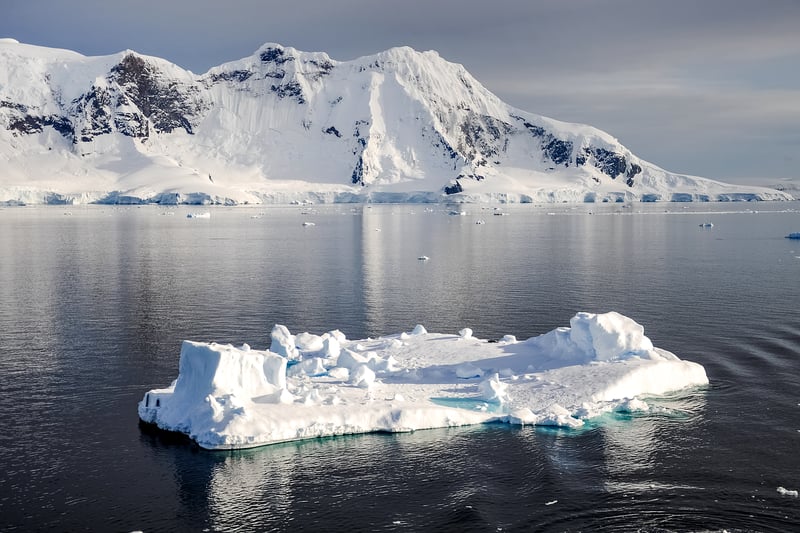Extremophile Studies
The Fascinating World of Extremophiles and the Search for Life in the Universe
As humans continue to explore the vast expanse of the universe, one of the most intriguing questions that scientists seek to answer is whether life exists beyond Earth. To unravel this mystery, researchers study extremophiles - organisms that thrive in extreme environments on our planet. These extremophiles provide valuable insights into the potential for life in the universe.
What are Extremophiles?
Extremophiles are remarkable organisms that can survive and even thrive in environments that are hostile to most life forms. These environments include extreme heat, cold, acidity, alkalinity, pressure, and radiation levels. Examples of extremophiles include thermophiles that thrive in high temperatures, psychrophiles that thrive in freezing temperatures, acidophiles that thrive in acidic conditions, and alkaliphiles that thrive in alkaline conditions.

Significance of Extremophile Studies
Studying extremophiles is crucial for several reasons. Firstly, it expands our understanding of the limits of life on Earth and the conditions under which life can exist. This knowledge is invaluable when searching for potentially habitable environments on other planets or moons. Secondly, extremophiles offer insights into the origins of life and the mechanisms that allow organisms to adapt to extreme conditions.
Implications for the Search for Life in the Universe
The study of extremophiles has profound implications for the search for life beyond Earth. By understanding the adaptations that allow extremophiles to survive in extreme environments on Earth, scientists can identify similar conditions on other celestial bodies that may harbor life. For example, icy moons like Europa and Enceladus, with their subsurface oceans, could potentially host microbial life similar to psychrophiles found in polar regions on Earth.

Conclusion
As researchers delve deeper into the world of extremophiles and their adaptations to extreme environments, the possibility of finding life elsewhere in the universe becomes increasingly promising. By studying these resilient organisms on Earth, we gain valuable insights that may one day lead to the discovery of extraterrestrial life forms. The quest to uncover the mysteries of the universe continues, fueled by the resilience and adaptability of extremophiles.
Join us in exploring the wonders of extremophiles and the search for life in the universe!
References:
